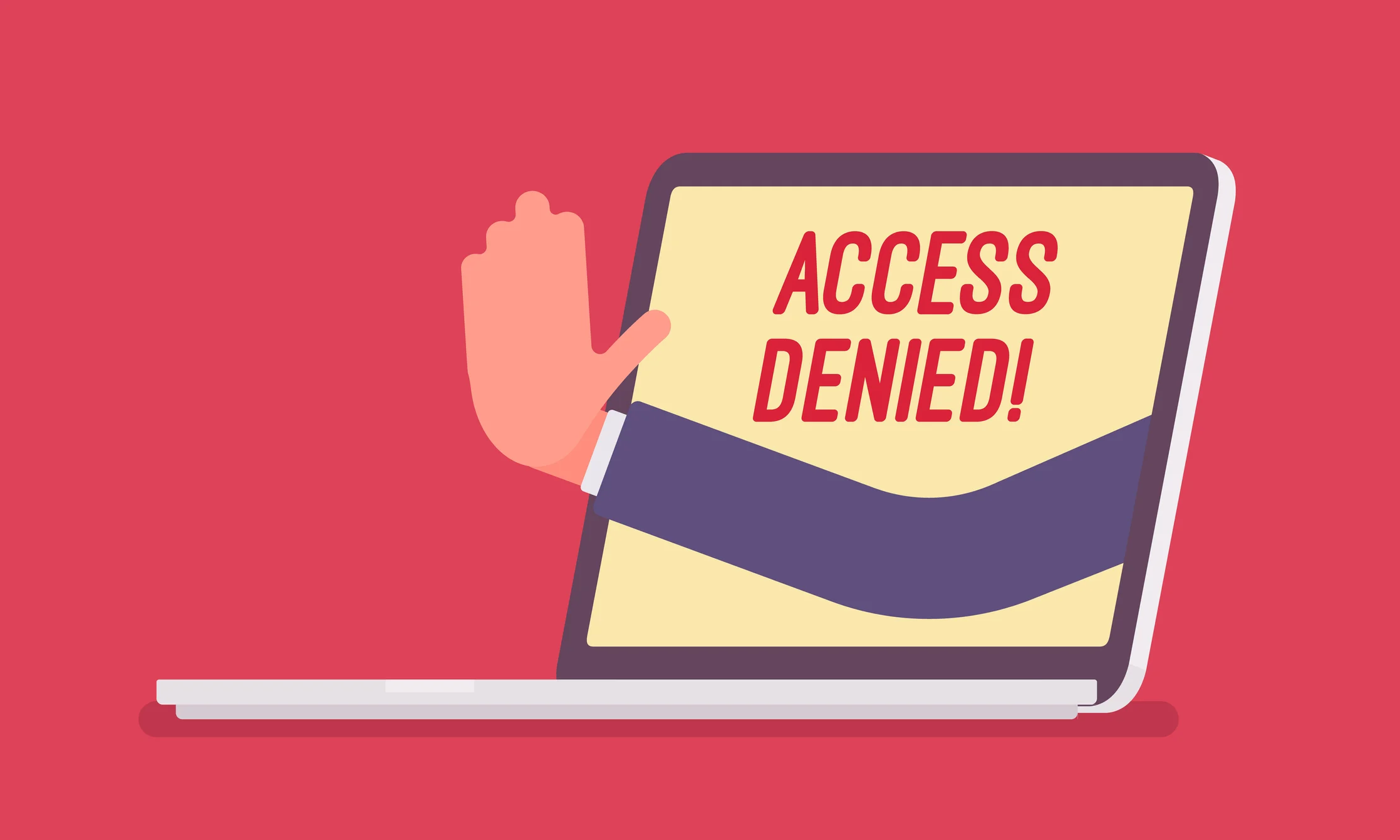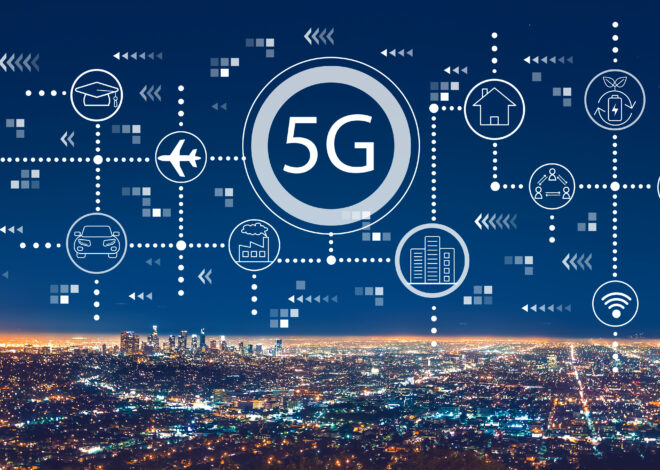
Top 10 Countries that Censor the Internet
You and I love our freedom, and no matter what we won’t let anybody take that away from us. We usually associate censorship with authoritarian regimes. And, we are not wrong in doing so. However, we have to agree that laissez-faire in the case of the internet could militate against the society in general. The internet is a source today that can be used efficiently for promulgating both positive and negative opinions. In order to put a halt to this, governments of various countries have put in place several filters to do away with its perils. Others could argue that such barriers are indeed useless and objectionable forces could operate despite them being in place. And, what when governments use it to their own advantage?
http://cdn.inquisitr.com/wp-content/uploads/2015/08/porn-ban-in-india-has-users-searching-for-solutions-665×385.jpg
Wikipedia defines Internet censorship as ‘the control or suppression of what can be accessed, published, or viewed on the Internet.’ Internet censorship is sometimes carried out pervasively in several countries without a care for human rights.
Below is a list of the top ten countries that censor the internet in an increasing order of the extent of censorship:-
10. Cuba
Flag_of_Cuba.svg
Internet censorship in Cuba has been employed in the form of lack accessibility to the internet. Until quite recently Cuban were not allowed to purchase their own computer systems! Only five per cent of Cuba’s population have access to the internet. The rest are allowed to use it in the government-run cafes at an average cost of $8. Given the approximate weekly salary of $20, this option is too expensive for a Cuban. Thereby, denying the citizens access to the internet without having to use various unwieldy data filtering systems.
It, therefore, ranks the lowest on our list. Most of the censorship is applied on anti-government bloggers such as Sanchez. Cubans are allowed Facebook and Twitter, however, they are denied access to YouTube.
9. Qatar
Flag_of_Qatar.svg
Censorship in Qatar falls under the purview of Qtel. According to Ahmed Rashid al-Suwaidi, Qtel Senior Manager, said Qtel is blocking the websites in order “to maintain ethical standards and protect the culture of the society.”
Qtel is given the responsibility to block all websites that contain pornographic content or are in some way criticise the Gulf leaders. Site containing anti-Islamic elements are also blocked. In fact websites containing dating services, gay and lesbian content are promptly removed by the authorities. Following such strict norms has led to the censorship of sites which are otherwise free of obscene media.
8. China
Flag_of_the_People’s_Republic_of_China.svg
The extreme steps taken by the government has often been termed as “The Great Firewall of China.” Besides having the largest numbers of journalists arrested, social networking sites such as Facebook and Twitter were blocked in 2009. YouTube, Facebook and Twitter still remain blocked in China!
Internet usage is not as such discouraged in China as the country desires to build a strong modern economy. However, the Chinese government does not tolerate opposition in any form over the internet. In order to tackle it, it has developed the world’s “most sophisticated” Internet filtering system, according to the OpenNet Initiative.
7. Iran
images
The internet users in Iran face the strictest censorship system in the world. The Iranian government’s web filter uses long blacklists of forbidden URLs and URL keywords to prevent ordinary Iranians from accessing content deemed obscene, profane or seditious. The largest portion of blocked internet content has to do with politics and government (40%), followed by sex and sexuality (20%).
The Iranian authorities adopt a triangulated approach to internet censorship and surveillance. Preventative, interceptive, and reactive measures are infused to form a coherent overall strategy for internet control. Iran’s pervasive programme of online censorship has seen it labelled as one of the ‘twelve enemies of the Internet.’
6. Syria
31-2
Internet traffic in Syria is filtered in several ways. IP addresses and domain names are filtered to block single websites such as amazon.com, entire network regions, or keywords to target specific content. Syria is one step ahead of Iran for having censored instant messaging tools such as Skype, and content-sharing sites such as Metacafe or Reddit.
Social media censoring is limited to specific content and pages, such as the “Syrian Revolution” facebook page. All requests with the keyword “proxy” are blocked to curb the use of censorship-evading proxies. However, this also has the effect of blocking adverts and certain plug-ins that have no relation to banned content.
5. Vietnam
Flag_of_Vietnam.svg
The Vietnamese government adopted the Decree on Management, Provision, and Use of Internet Services and Information Content Online (Decree 72/2013-ND-CP) on July 15, 2013; it became effective on September 1, 2013.
The law bans bloggers and users of social media from quoting, gathering, or summarizing information from press organizations or government websites. The main justification for the law is to uphold national security. Having made a law that could easily infringe upon human rights, Vietnam has earned its place as number five on the list.
4. Ethiopia
Flag_of_Ethiopia.svg
Information Network Security Agency or INSA looks after the censorship of data and websites on the internet in Ethiopia. The government through INSA’s broad mandate, engages in intrusive actions that violate privacy laws and free speech with complete impunity.
While Ethiopian Internet penetration or the density of internet users is only about 1%, there is still a large community of bloggers whose websites, blogs, and Facebook pages have been blocked by the government. To the users the blocks themselves look harmless because the browser simply notifies users that the server request has timed out.
Given its low internet penetration and its extensive violations of privacy, it ranks above Vietnam in the un-freedom list.
3.Sudan
Flag_of_Sudan.svg
The Sudanese government openly acknowledges blocking and filtering websites that it considers immoral and blasphemous. Content that is “morally offensive and violating public ethics” and that which “forestalls evil in the society” is filtered pervasively.
Sudan is infamous for its manipulation of data, and self-censorship during the election periods in the country. There is no distinction for social media. All content is under one umbrella, and is filtered or censored accordingly, thereby making Sudan number three on the list.
2.Saudi Arabia
2000px-Flag_of_Saudi_Arabia.svg
Blocking in Saudi Arabia is done with reference to two lists: one of “immoral” (mostly pornographic) sites; the other based on directions from a security committee run by the ministry of interior.
Citizens are encouraged to actively report “immoral” sites for blocking, with hundreds of requests made every week. Far from concealing their actions, the authorities openly attest to their censorship practices and claim to have blocked some 400,000 sites. With their pervasive filtering, Saudi Arabia ranks second in the un-freedom list.
1. North Korea
2000px-Flag_of_North_Korea.svg
Only select individuals are allowed access to the internet in North Korea. Internet censorship is at its best as the censorship is tackled at its start, which is at the access point. There are only about 1024 IP addresses as opposed to about a hundred million in any developed country.
Shocking as it may sound, there’s just one cybercafe in North Korea’s capital, Pyongyang. Anyone logging on at the cafe would find themselves at a computer that isn’t running Windows, but instead Red Star – North Korea’s own custom-built operating system.
North Korea’s technology infrastructure is described as a “mosquito net”, allowing only the bare essentials both in and out. This intranet was opened in 2000 and includes a search engine, email, news coverage and a browser. There are around 1,000 to 5,500 websites on the service, according to the Toronto Star, and external websites are occasionally made available on request – although after being downloaded, censored and hosted locally. North Korea with its mosquito net technology has made it to number one on the list.



